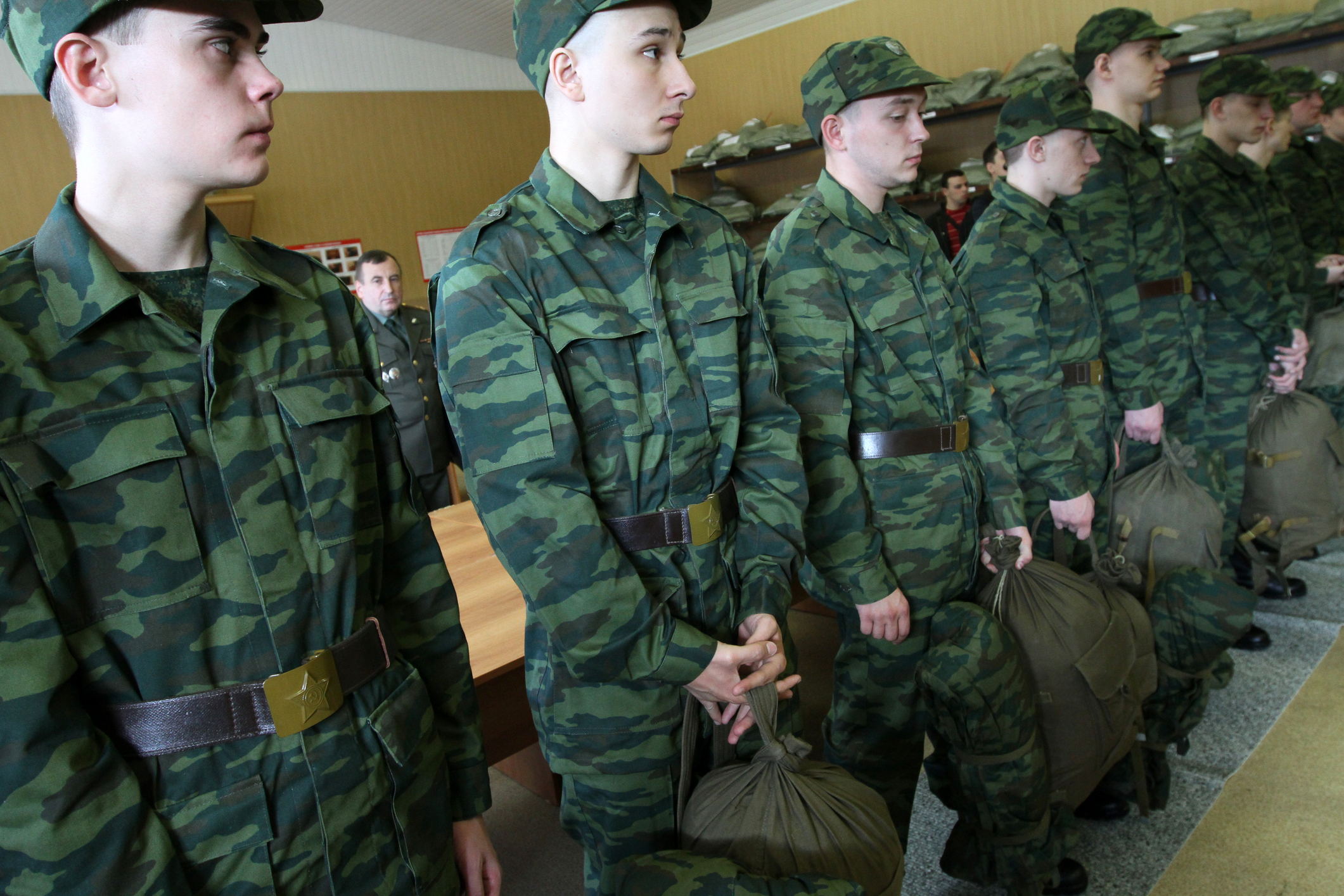
Soldiers fighting the invasion have more reason to fight than their Russian counterparts, so morale is higher for some, Al Jazeera reports.
Iryna Muzychuk does not always agree with the decisions made by her commanders on the battlefield.
But the former literature teacher, who volunteered to fight pro-Moscow separatists in 2014, and now serves in the sunny steppes of southern Ukraine, remains focused on the main goal of defeating Russia.
“I think self-sacrifice and motivation is the main strength of our soldiers,” she told Al Jazeera.
“Everyone understands that this is, first of all, a struggle for the native land, for one’s home, for the future of one’s children,” the teacher said.
Moscow is said to have the “second best army” in the world after the United States and has boasted victories in the second Chechen conflict, the 2008 war with Georgia and rescuing the government of Syrian President Bashar al-Assad.
And when Moscow invaded Ukraine in February, many Western observers and governments expected a quick Russian victory.
But as the war with Ukraine continues, the Kremlin’s plans to seize Kyiv and replace the government of President Volodymyr Zelensky with pro-Kremlin puppets have not come to fruition.
Motivation, together with the increase in the supply of Western-made weapons, is indeed considered the main advantage of Ukraine.
Additional factors
However, among the factors that contribute to the stability of Ukraine, experts point to the centuries-old confrontation, similar to the “clash of civilizations”, as well as the demographic characteristics of the warring parties.

Ukrainian soldiers on the eastern front in Ukraine (Photo: Yevhen Maloletka / AP – The Associated Press / Profimedia)
Cossacks against Serbs?
“For our will, we will give our soul and body and show that we are brothers of the Cossack family.”
These lines from the Ukrainian national anthem help to understand how proud Ukrainians are of the Cossacks, a caste of medieval border warriors.
Living as semi-democratic communities in what is now central Ukraine, the Cossacks elected their own leaders, perfected cavalry tactics, and repelled attempts by Poland, Ottoman Turkey, and Russia to conquer them.
They were faithful Orthodox Christians.
In 1654, they concluded an agreement with Moscow – the only independent Orthodox state at the time – which opened the way for the final subjugation of Ukraine.
According to the late British historian Arnold Toynbee, the Cossacks led Russia’s conquest of Siberia, Central Asia, and the Caucasus, earning “a path to dominance in Eurasia.”
But these were elite knights, while the royal infantry consisted of peasants, slave-like serfs who were forcibly conscripted into the army and often used as cannon fodder.

Russian recruits (Photo: Dreamstime)
Some observers say Russia and separatist leaders are using their soldiers in Ukraine in a similar way today.
Captured Russian servicemen and conscripts from separatist regions claim that many of them were tricked into signing contracts to fight in Ukraine.
Because Moscow has never officially declared war on Ukraine, the military has the option to refuse to fight – and hundreds have done so despite pressure and threats.
But among those who made it to the front lines, some report low morale, poor food and serious miscalculations by their superiors that led to heavy casualties.
“It’s a terrible feeling to realize the mistake we made in being here,” Maxim Chernyk, a captured Russian intelligence officer near Kyiv, said at a press conference on March 9.
Many Ukrainians see how stark the difference is between the “Cossack” mentality of their armed forces and the “Servinite” mentality of their enemies.
“It’s about individualism versus facelessness, initiative versus strict orders, brotherhood versus submission, self-confidence versus villainy, courage versus despair,” Kyiv-based analyst Oleksiy Kush told Al Jazeera.
They also believe that the war is part of Moscow’s centuries-old strategy to destroy and “Russify” Ukraine, its language and culture.

Russian soldiers (Twitter)
Ignorant and poor soldiers
Meanwhile, the Russian military is made up mostly of men in their 20s, who come from regions with high unemployment and low incomes. They are often poorly educated.
Combined with a rigid top-down command system, the educational factor is critical when it comes to decision-making in combat, a defense analyst says.
“The initiative, flexible thinking and decent level of education of the Ukrainian military contrasts with the authoritarian nature of the Russian military, which suppresses any initiative and flexible thinking,” – Pavlo Luzin, Russia expert of the Jamestown Foundation, think tank. , Al Jazeera.tank reported in Washington, DC. (Full on Al Jazeera)_
Follow the latest events of the 167th day of the war in Ukraine LIVETEXT on HOTNEWS.RO.
Source: Hot News RU
James Springer is a renowned author and opinion writer, known for his bold and thought-provoking articles on a wide range of topics. He currently works as a writer at 247 news reel, where he uses his unique voice and sharp wit to offer fresh perspectives on current events. His articles are widely read and shared and has earned him a reputation as a talented and insightful writer.